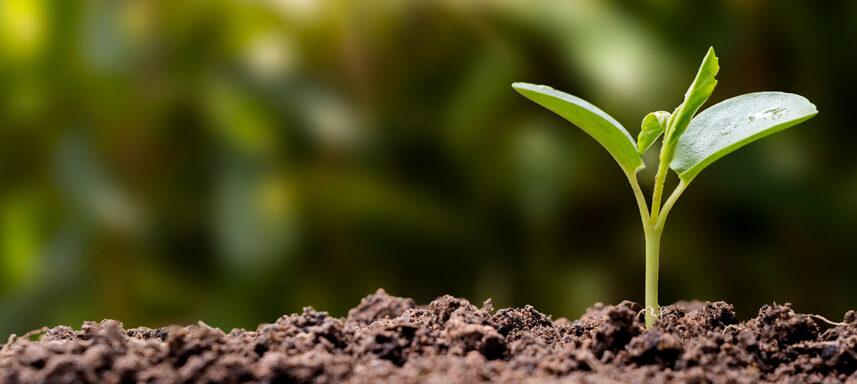
30 Life Lessons at 30
Life Lessons at 30
This past weekend I turned 30. My husband found me an adorable mountain cabin tucked away in Bryson City, NC, where I spent time hiking and reflecting on these last 30 years. A few of my sweet college friends were able to join me towards the end. What a treat this was…


I thought I’d have a massive freakout at 30. But really, I was relieved. So many wonderful things happened in my 20’s: college graduation, marriage, grad school, the start of my career, building community in Columbia, working with my youth group, owning a house, and many weekend adventures with Joey. Yet my 20’s also came with some serious challenges: an early burnout in my social work career, chronic questioning and self-doubt, a significant health crisis, instability, and as John of the Cross would say, many “dark nights of the soul.”
It’s through these challenges, however, that have cultivated a deeper strength, resilience, and a better understanding of myself and the world. I don’t claim to have all the answers, and I still have much to learn. But I’ve grateful for the lessons I have learned along the way.
Over my birthday weekend I reflected on 30 life lessons I’ve learned since turning 30. Here they are in no particular order:
30 Life Lessons at 30
On Suffering and Resilience:
- Life is hard, but beautiful. Suffering is inevitable, but so is our capacity for resilience.
- Our suffering is only amplified when we resist it. A posture of acceptance, willingness, and surrender leads to freedom
- Life is way better when you get outside your head
- Don’t fear failing. Get excited about your mistakes because this means you’re doing something new and living outside of your comfort zone. Celebrate this… stop the shaming.
- After every winter, there is a Spring
On Health:
- The medical field is in dire need of a Luther-like reformation. Change will happen as collectively pin our thesis against the door, share our stories, and continually advocate for more holistic models of care.
- Our bodies are incredibly wise. They are worth listening to and trusting.
- When your body doesn’t work like it should, hold it with empathy, compassion and curiosity.
- Nutrition, rest, and mindfulness are powerful forces.
- Be patient, and don’t give up when it comes to your health. Keeping taking the next best step, and hold your head up. Do your research wisely and stay off Google when you need to…
- Doctors aren’t perfect. They are humans, too, and capable of error. It’s important to advocate for yourself and change providers when you’re not getting better.
- Regarding medical care, make space for grace. Health is tricky, it’s both a science and an art. Hanging on to bitterness and resentment towards prior providers will only hold you back.
On Relationships and Marriage:
- Our relationships and sense of community are vital for our health, happiness and wellbeing
- When you’re afraid of getting hurt or being seen for who you really are, it’s tempting to live in isolation. This only leads to a shallow sense of relief, loneliness, and lots of social anxiety.
- Authenticity isn’t just about “being yourself.” It’s the skill of speaking up for what you need, showing up in the face of risk, and setting boundaries even when it’s uncomfortable.
- Marriage is hard, but worth it. Nothing is too messy for God to redeem.
- Marriage isn’t about choosing the “right” or “best” person to spend your life with. It’s about choosing to love even when you don’t feel like it. It’s about growing with and supporting each other’s journey towards wholeness and holiness.
- Even when you don’t feel like it, act as though you love your spouse and the feelings will follow. And when they don’t, good job. You’re practicing real love.
On Work and Calling:
- Our callings are not fixed, but dynamic and ever-changing. Pursue work that allows you to exercise your creativity, unique gifts, and provides opportunities to serve others.
- Don’t find your identity in your work. Express your identity through your work
- Don’t be afraid to take risk. If you don’t, you might regret it later. Never let fear make decisions for you.
- Just because something gets hard, doesn’t mean you’re doing it “wrong.”
- Know your boundaries and remember that work isn’t the most important thing in your life. It’s not worth your mental health, or a toll on your relationships.
On God, Free Will, and the Church
- God doesn’t always tell us exactly what to do at every cross road of our lives. He’s given us the faculties to make decisions and to choose for ourselves.
- Just because something happens in our lives (good or bad) doesn’t mean God willed it that way (“allowed” versus “willed” are different).
- Sometimes it’s s our own sin, faulty judgement, pride, or innate brokenness that creates our messes. It’s not fair to pin everything on God.
- When it comes to doubting God, don’t be afraid of the big questions. Pursue your doubt and seek answers where they may be found. When you’re honest with yourself and consider the evidence that’s there, you will find truth.
- Don’t be afraid to doubt your doubts
- The church is an integral part of our faith. If you’re looking for God, go be among His people and you will find Him there.
- Shame is transformed when you open yourself up to be truly known and loved.





